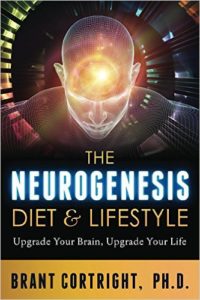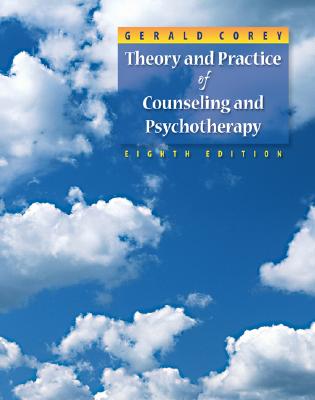 I took a counseling class (Transpersonal Psychotherapy) with Dr. Brant Cortright while I was working on my first master’s degree at the California Institute of Integral Studies, way back in 1995. I liked him a lot. He had a gentle, genuine vibe about him. I can’t remember how it came to be that Dr. Cortright reappeared on my radar, but somehow I got wind that his recent work has to do with “neurogenesis” and its importance to holistic health.
I took a counseling class (Transpersonal Psychotherapy) with Dr. Brant Cortright while I was working on my first master’s degree at the California Institute of Integral Studies, way back in 1995. I liked him a lot. He had a gentle, genuine vibe about him. I can’t remember how it came to be that Dr. Cortright reappeared on my radar, but somehow I got wind that his recent work has to do with “neurogenesis” and its importance to holistic health.
Neurogenesis refers to the growth of new brain cells throughout life. According to Dr. Cortright, it was only recently discovered that neurogenesis happens beyond our 20s, and supposedly there is now sufficient research to support the notion that one’s rate of neurogenesis may be the most important biomarker for brain health. Furthermore, according to Cortright, a healthy brain will translate to optimal health at all levels: body, mind, heart, spirit. Low rates of neurogenesis are supposedly associated with a host of negative outcomes (e.g., depression, stress, anxiety, memory problems, cognitive impairments, impaired immunity), while high rates are associated with such things as robust health, cognitive advantages, enhanced memory and learning, protection from stress and depression, and high immunity. Many things that we do in life, so the story goes, unknowingly slow down our rate of neurogenesis, but we can increase our rate of neurogenesis through various dietary and lifestyle changes. Basically, we want to reduce, minimize, and eliminate the things that lower our rate of neurogenesis (and diminish brain health), and maximize and do more of those things that increase our rate of neurogenesis (and support brain health).
Some of things that Cortright recommends to support neurogenesis and brain health include the following:
Aerobic exercise Mindfulness meditation Diet (omega 3 fatty acids, blueberries, tumeric, green tea) Good sleep Minimize exposure to neurotoxic environments, stress, etc.
Much of what he’s putting forth with this “neurogenesis” spiel is consistent with my own integral health perspective, and I appreciate how he grounds the many dimensions of holistic health by focusing on how each affects brain health. Many of his recommendations are no-brainers (pardon the pun) from my perspective. Who would argue, for instance, against the health benefits of exercise, good sleep, reduced stress, and a healthy diet?
The specifics about diet can be questioned, however. Having not reviewed “the research,” I’m not prepared to rebut Cortright’s specific recommendations. I can only say that I’ve heard other “experts” contradict many of the specific dietary recommendations he makes, and at this point I’ve almost given up on making sense of all the conflicting information out there on this subject. We all tend to inflate the importance of whatever studies support our pet theories, and to discount or diminish those that present a contradiction. Those of us who are left dizzy by the ever-shifting sands of nutrition science often end up, for lack of a more clear path forward, giving too much weight to our own anecdotal experience. For instance, I have a hard time believing all the “sugar is toxic” hype, in light of the fact that the first two-and-a-half decades of my life were spent eating (and thoroughly enjoying) a ridiculously large amount sugary foods. The quality of my life–in every way and on every level–was very, very high during those young, sugar-fueled years. And yet, I’m supposed to believe I was ingesting high quantities of poison everyday, with no noticeable negative effects?
So, my concern here–again, keeping in mind that I have not waded through all the contradictory research first hand–is that Cortright might be too eager to accept whatever research, perhaps scant and preliminary, that supports his thesis. Neuroscience, in general, seems to be way over-hyped these days, and something about the way Cortright’s book is marketed (e.g., “Unleash your brain’s potential!”) has my internal “hype meter” bouncing around all over the place. But again, I realize that this is a pretty weak criticism, given that I have not read the book. I did, however, watch/listen to these public talks and interviews:
I definitely find Cortright’s ideas on this topic interesting, and I will continue to explore the connections between diet, lifestyle, and brain health. Maybe I’ll even read the guy’s book, so I can comment intelligently on the subject!



